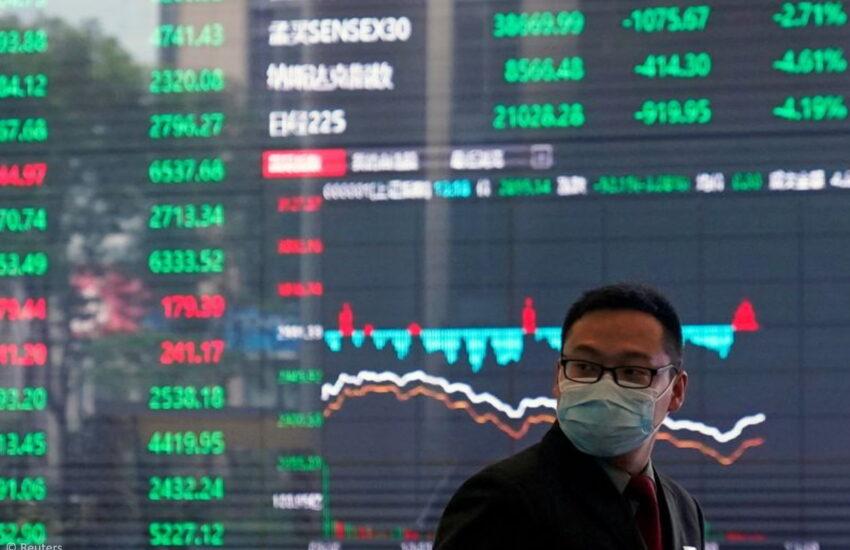The global bond market has fallen more than 20% since the peak of 2021, entered a bearish phase for the first time
The global bond market has entered a bearish phase for the first time since its formation against the backdrop of aggressive measures by central banks to combat rising inflation, even at the cost of a recession in the economy.
The Bloomberg Global Aggregate Total Return Index, which tracks government bonds and investment-grade corporate bonds, has fallen more than 20% since its 2021 peak for the first time in its history.
Rising inflation and aggressively raising interest rates by global central banks put an end to a four-decade-long bond bull market, Bloomberg writes. This presents a particular challenge for investors this year as bonds are falling in tandem with equities.
Extremely high inflation means that central banks will not be able to take advantage of emergency stimulus measures that could push US Treasuries yields below 1%, said Steven Miller, an investment adviser to Canada’s CI Financial Corp.’s GSFM, investment advisor.
The simultaneous decline in fixed income assets and stocks undermines most investment strategies developed over the past 40 years or more.
“We’re in a new investment environment, and this is a big problem for those who expect fixed income assets to become a diversifier to avoid downside risk in stocks,” said Kelly Wood, money manager for Schroders (LON:SDR) Plc in Sydney.
European bonds have suffered the most this year on the back of the situation in Ukraine and the associated surge in natural gas prices. Meanwhile, the damage to Asian bonds was the least significant due to the stability of Chinese bonds due to measures to support the Chinese Central Bank.
The transition of most of the world’s largest central banks from unprecedented monetary easing to the sharpest rate hike since the 1980s has reduced liquidity, experts at JPMorgan Chase & Co (NYSE:JPM) say.
“Bond markets and foreign exchange markets have experienced the worsening liquidity situation most significantly this year compared to other asset classes,” they note.




